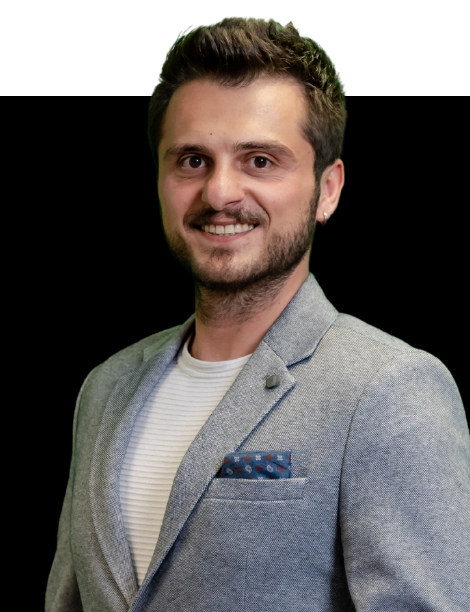Consulting Services
Country & School & Program Selection
In more than 15 countries, high school, undergraduate, post-graduate and master degree program options are available for international students in our portfolio.
how we can help
We will help you find the best country, school and program option for you
How it works?
Once we receive your information, our team will ask you a couple of questions to understand better about your background, preferences and availability coming to Europe or Canada as an international student. Then we will guide you through the process for you to pick and apply for the program options.
Information Gathering
First step is to "know you". Once, our team gathers enough information, they are ready to shortlist the programs those will be suitable for you.
Collecting Documents
We will collect your education and career related documents to be able to shortlist the programs that will increase your chance of coming to Canada.
City, School & Program Decision
We will offer you multiple programs in different city and schools. Once we offer you the list, our team will help you decide to make sure you will make it to Canada and be happy with what you've decided on!
Numbers
Client results
Learn more
Frequently Asked Questions for Canada 🇨🇦
In Canada, colleges and universities both offer post-secondary education but differ in focus and structure. Colleges typically offer more technical and vocational programs, while universities provide more academic and research-oriented programs. Universities also tend to be larger with more students and faculty members.
Admission requirements vary by institution and program, but generally, international students need:
- A high school diploma (or equivalent)
- Proof of English language proficiency (e.g., IELTS or TOEFL)
- Specific academic prerequisites for the chosen program
The application process for international students can take several months. It is advisable to start early, typically around October for programs starting the following September. This allows ample time for application review and visa processing.
A Designated Learning Institution (DLI) is a school approved by a provincial or territorial government to host international students. To obtain a study permit, you must be accepted by a DLI. A list of DLIs can be found on the Immigration, Refugees and Citizenship Canada (IRCC) website.
Yes, international students can work while studying in Canada. They are generally allowed to work up to 20 hours per week during the school year and full-time during scheduled breaks, such as winter and summer holidays. No separate work permit is required, but you will need a Social Insurance Number (SIN).
Learn more
Frequently Asked Questions for Europe 🇪🇺
Recognition of previous education credentials varies by country and institution. It is recommended to contact the International Office of the European university where you wish to study to check if your certificates or degrees will be recognized.
Admission requirements differ by country and institution, but generally include:
- A recognized high school diploma or equivalent
- Proof of language proficiency (usually in English or the local language)
- Specific academic prerequisites for the chosen program
Many European universities offer programs in English, but language requirements depend on the country and institution. Proof of English proficiency (e.g., IELTS or TOEFL) is often required bur some schools accepts through their own entrance exams and interviews withtout asking for a . For programs in other languages, proficiency in that language must be demonstrated.
It is advisable to start planning at least a year in advance. This includes researching programs, preparing necessary documents, and understanding visa requirements. Application deadlines vary, so check with individual institutions for specific dates. However, this does not mean that you cannot begin your studies in the same year. Visa processing times vary from country to country, and we will provide you with up-to-date information on the timelines.
Yes, there are numerous scholarships and funding schemes available across Europe, including the Erasmus+ program and country-specific scholarships. It is advisable to check the specific scholarships offered by the institutions and countries you are interested in.

Shall we start finding your program in Canada?
Get a consultation from our team, and we guide you with the city, school and program selection.
** First 30-minutes call you will be scheduling with Kivanc or other team members are free of cost.
